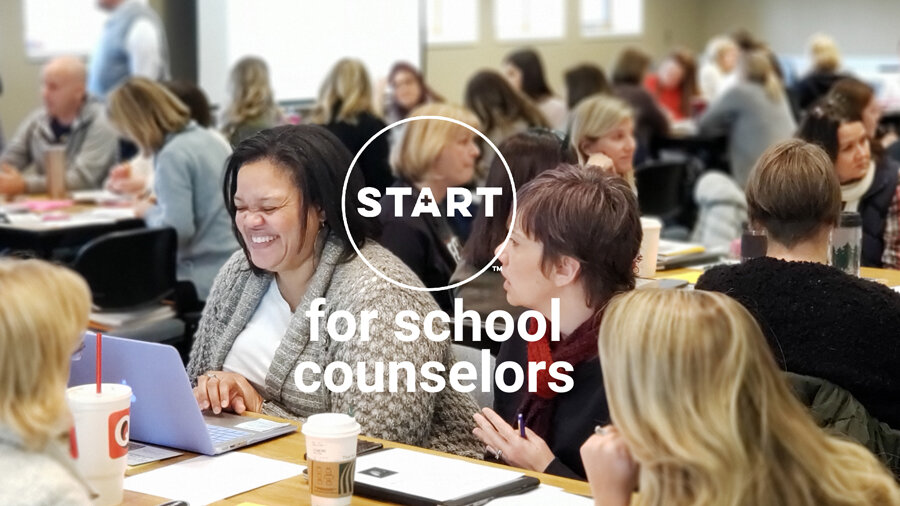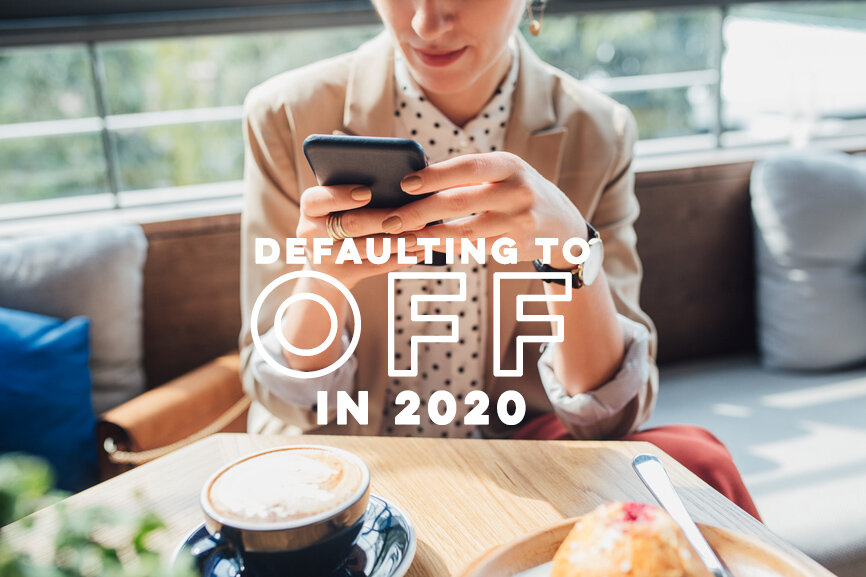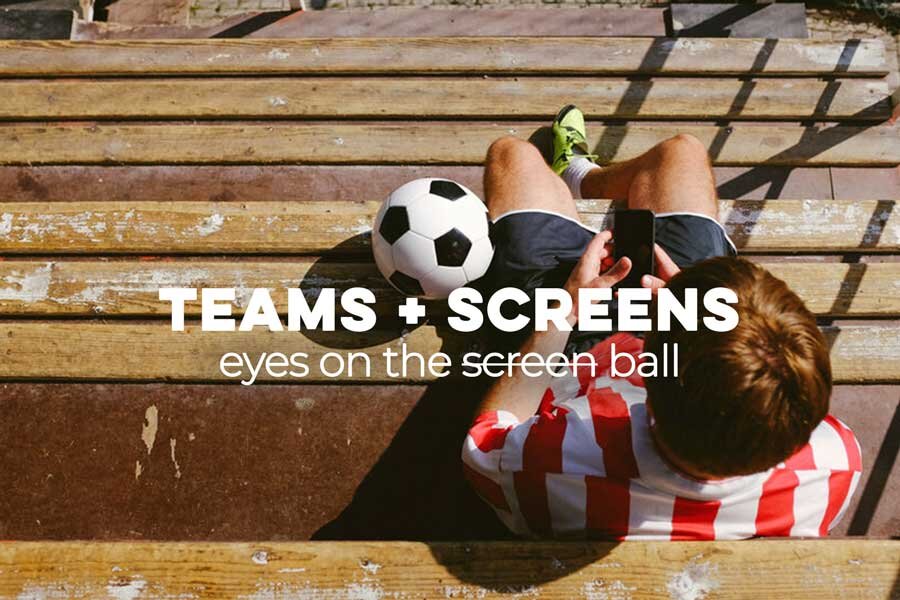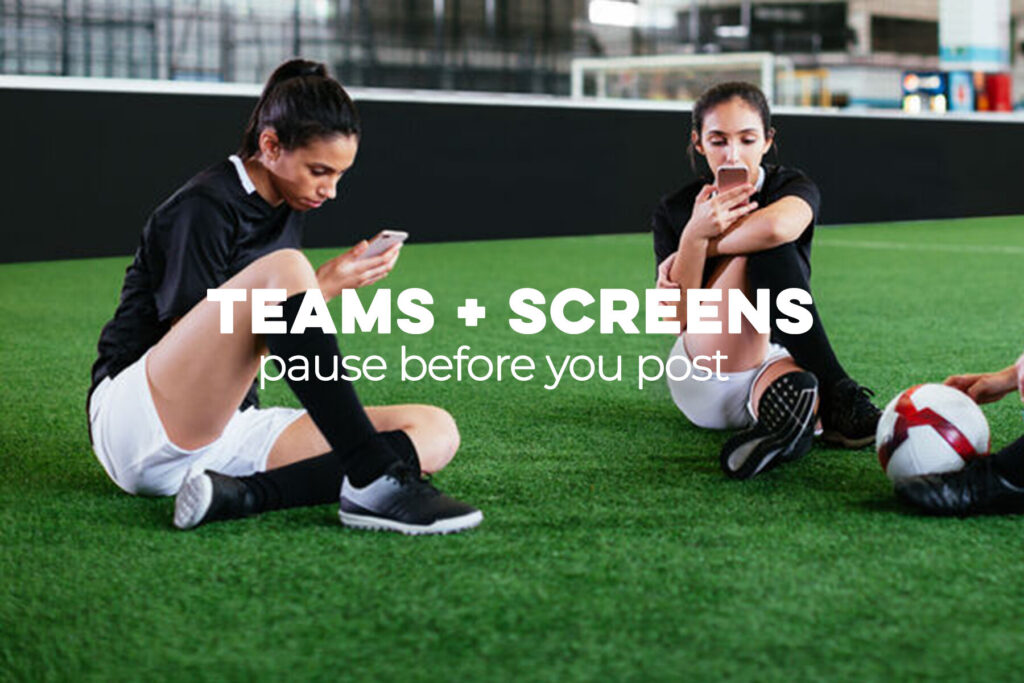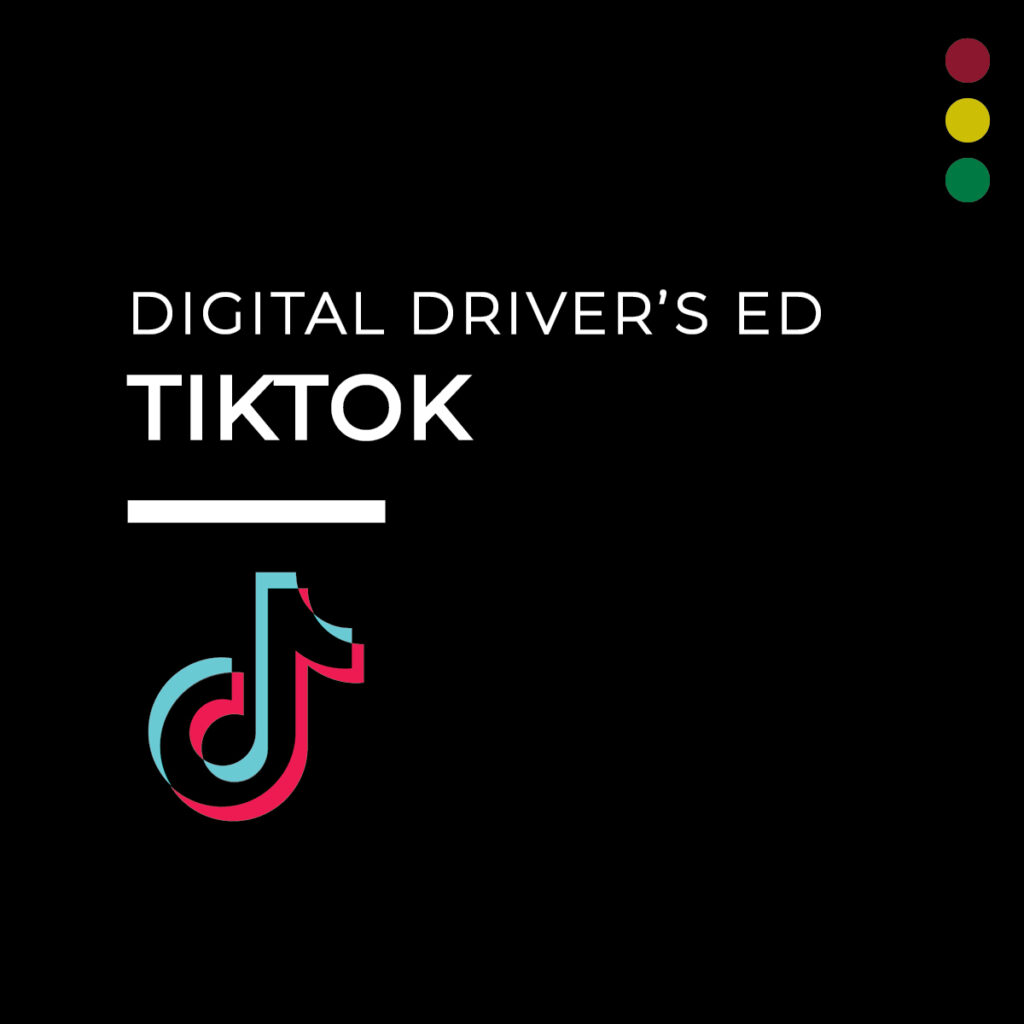Although our START Program began just for parents in elementary schools, we are working on developing resources to support educators, coaches, healthcare providers, and business leaders. We believe when a community begins to speak the same language about healthy new tech-use norms, the deeper our impact—and the healthier our kids—will be. We were recently invited to share our training with a special group of people who are building wellness every day for the 22,000 students in Blue Valley—the school counselors.
One of our rules of thumb is Start with Yourself. But one of the top obstacles parents share? Figuring out what digital health looks like at work. We loved these examples from companies who are taking this to heart and experimenting with new workplace practices to support digital wellness, including Netsmart—a healthcare company based in Kansas City.
20 year habits can be hard to break…so we were thrilled when START advisor and friend, Valerie Bockstette, shared with us how one simple shift improved her digital health in an unexpected, and totally addictive, way.
It’s no secret that today’s teens are growing up in a dauntingly different world than the world we parents grew up in. And honestly? It can be overwhelming to step into our kids’ shoes and see the world from their eyes. That’s why we were so thankful when a START parent—who is also a middle school teacher—offered to be our tour guide, giving a peek into the harsh reality our kids are navigating.
When it comes to setting boundaries with new devices, it is much easier to start with strong limits and release them slowly, rather than trying to put them in place during a time of stress. But if this doesn’t sound like a magical start to your Christmas day, we gotcha covered! Here are five topics to talk about when they unwrap the phone. Feel free to print them as a contract that you and your child each initial!
If visions of smartphones are dancing through your child’s head this holiday season, you are not alone! But before you buy, we want to encourage you that there is a growing market of alternative products to consider. There are lots of choices—here are just a few options to kickstart your research!
Thinking of trying a device-free Thanksgiving table? Check out these tips and tricks from our friends at The Family Dinner Project. Happy Thanksgiving from START, where we believe that the good old days are yet to come.
In recent years, a new player has shown up on the field of youth sports: the smartphone. Whether a game is cancelled, a carpool needs organizing, or a camera is capturing the winning shot—in many ways, our tech truly deserves a trophy for helping families survive the logistics. And in others, it might deserve a little time on the bench.
When Tim McCoy, Executive Director of the Pennsylvania West Soccer Association, reached out to share some side effects of how technology is changing the world of youth sports, we were all ears. But then, an incident happened that he could not ignore. We are thankful for his willingness to share it with the START community, in hopes that by standing together, we can rethink ways to keep our kids safe and healthy on the field—and beyond.
When it comes to technology, we recommend a driver’s ed approach – one that you can apply even to individual apps like TikTok, and we’re now offering a second tool to help you get started: a Parent’s Guide to TikTok We hope this info is helpful for all families, but we especially recommend this guide for parents of elementary age children.
